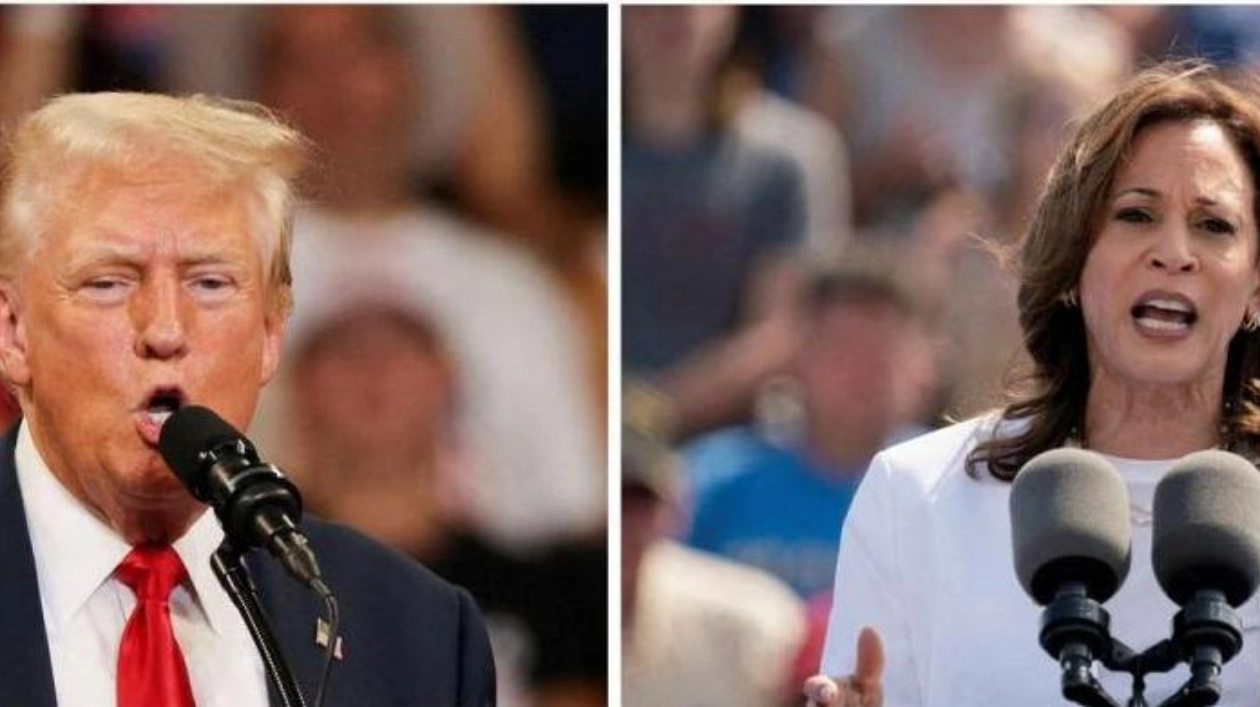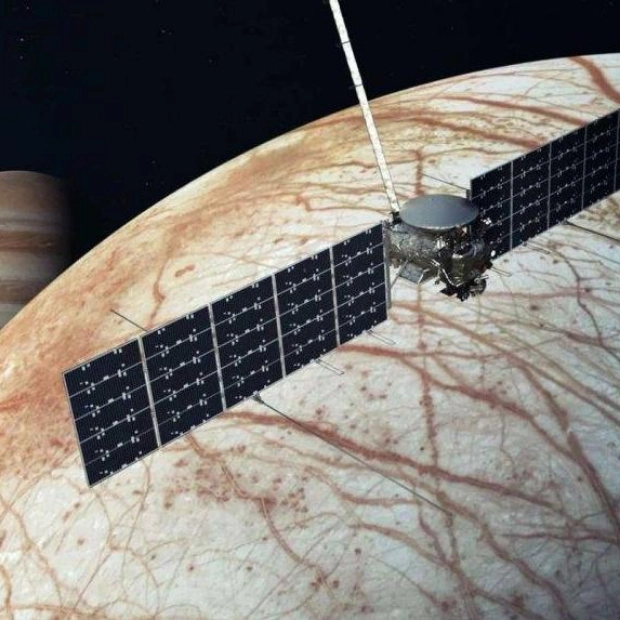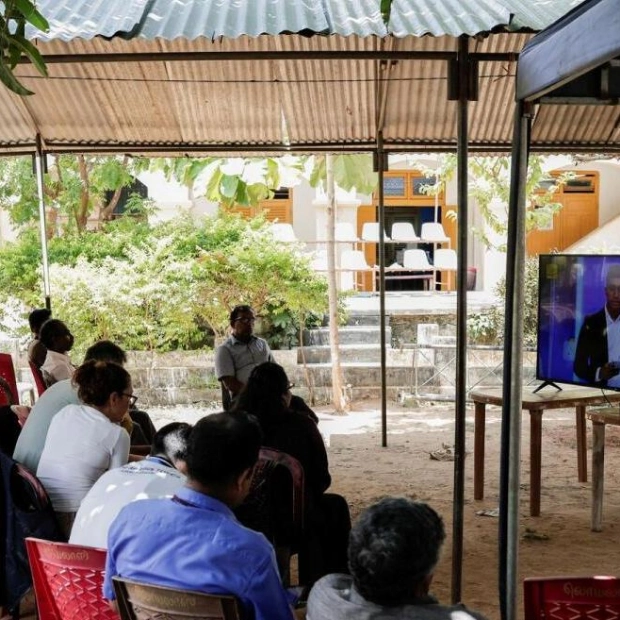Donald Trump and Kamala Harris may rarely see eye to eye, but both presidential contenders have converged on a shared policy: the removal of taxes on tips. This move, often branded as populist, has drawn sharp criticism for its economic recklessness. Trump initially unveiled this strategy earlier this summer, and Harris followed suit just recently, surprising her backers with a comparable stance. Both candidates chose to make these declarations in Nevada, a pivotal swing state with the highest proportion of waiting staff in the nation, as reported by the US Labor Department. The tipping culture in the US is distinct, with customers typically expected to add a tip of 15 to 20 percent on services ranging from coffee to cocktails. In certain states, it remains permissible for employers to compensate tipped employees as low as $2.13 an hour, provided their tips cover the shortfall from the federal minimum wage of $7.25. Given that a substantial portion of service-sector earnings originate from tips, the popularity of this policy is understandable, despite its disapproval by numerous economists and think tanks.
"There's no valid reason for service industry workers to pay less tax than factory workers or caregivers," explained Marc Goldwein, Senior Vice President of the nonpartisan Committee for a Responsible Federal Budget (CRFB), in an interview with AFP. "This disparity creates an equity problem where individuals performing comparable work, deemed equally valuable by the market, are taxed differently." According to a recent Yale University's Budget Lab estimate, there are approximately four million tipped workers in the US, accounting for about 2.5 percent of total employment. These workers often earn below the average weekly wage, with the Budget Lab estimating that roughly 37 percent of them paid no federal income tax in 2022. However, Goldwein from CRFB pointed out that the inclusion of tax credits complicates the picture, as many are refundable and can benefit even those not earning enough to owe income tax.
Critics argue that the policy is inherently unjust. "It's widely accepted that similar income types should be taxed similarly," Goldwein stated, questioning why a waitress and a McDonald's employee earning the same wage should face different tax rates. Removing taxes on tips could also escalate the deficit unless offset elsewhere. The CRFB projected that Harris's plan could increase the deficit by $100-$200 billion, with Trump's proposal potentially adding $150-$250 billion. Additionally, the policy might encourage more workers to reclassify their income, boosting the percentage of their compensation from tips and potentially leading more industries to adopt tipped wages. "If the regulations aren't robust, we could see tipping become a significant part of new industries that traditionally didn't rely on it," Goldwein cautioned. "Even with strict rules, reducing the tax on something generally increases its prevalence." Alex Muresianu, Senior Policy Analyst at the Tax Foundation, described the policy as "a poorly targeted change with potential unintended consequences for both consumers and the federal budget," suggesting it could lead to more service industries adopting a tipping model similar to the restaurant industry.






